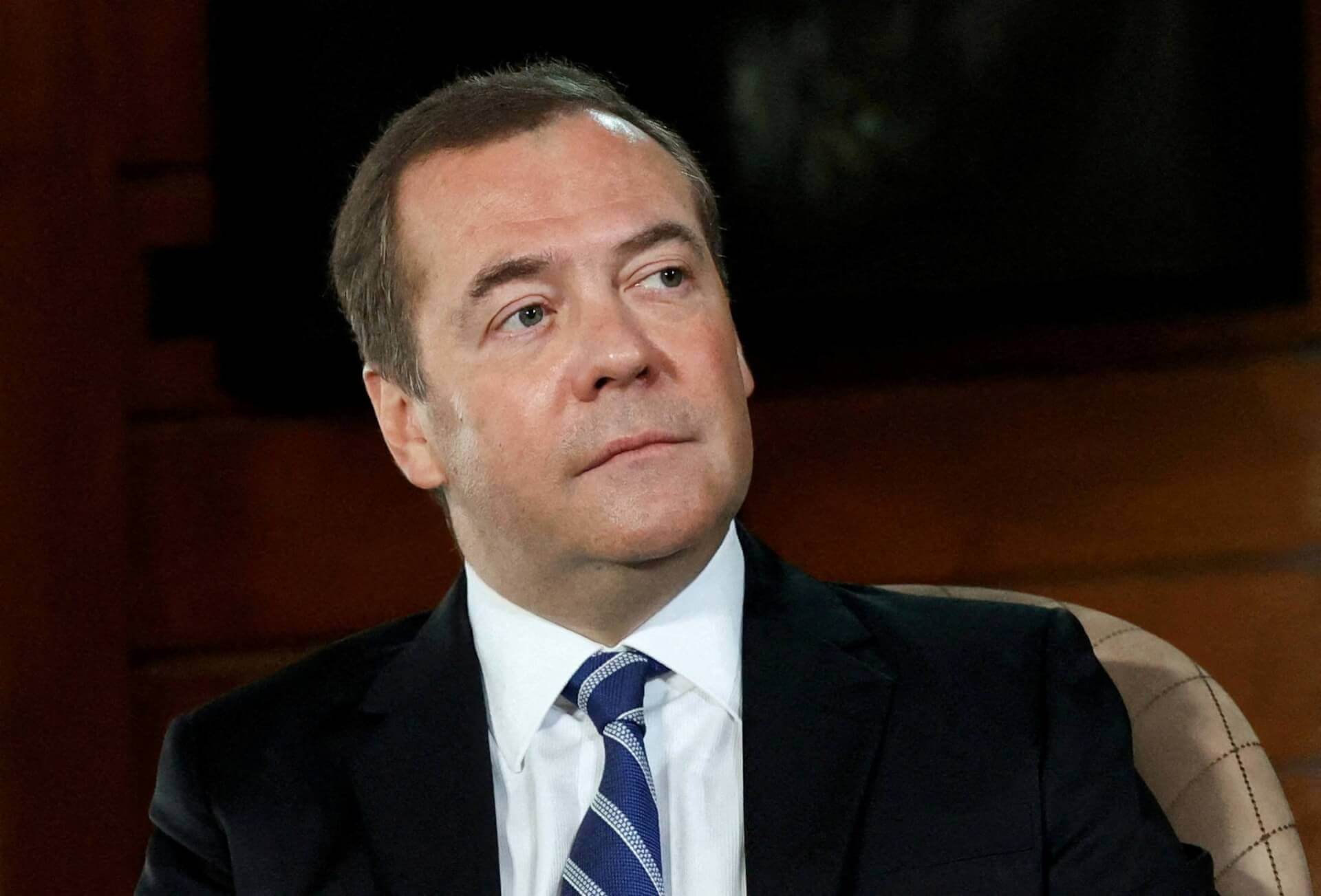Former Russian President Dmitry Medvedev on Saturday accused Japanese PM Fumio Kishida of “shameful subservience” to the US, suggesting that the Japanese leader could only redeem himself through the ritualistic act of disembowelment.
TRIGGER
On Saturday, Kishida said that the “greatest issue” at the upcoming G7 summit in Hiroshima this May will be “the Russian aggression against Ukraine,” which is a “challenge to the very rules and principles of the international community.”
I express gratitude for cordial and kind hospitality by @POTUS. Thank you, very much. I will look forward to welcoming you at G7 Hiroshima summit. Thank you very much, Joe @POTUS https://t.co/NwxNFhHEyl
— 岸田文雄 (@kishida230) January 15, 2023
After a face-to-face meeting on Friday, Kishida and his American counterpart Joe Biden said in a statement that “any use of a nuclear weapon by Russia in Ukraine would be an act of hostility against humanity and unjustifiable in any way.”
MEDVEDEV’S REACTION
Medvedev accused the Japanese leader of showing “paranoia” towards Russia and said that his alignment with the US had “betrayed the memory of hundreds of thousands of Japanese who were burned in the nuclear fire of Hiroshima and Nagasaki.” The Russian diplomat was referring to the atomic bombs that the US had dropped on Japan in 1945, which ended World War II.
Dmitry Medvedev says that Japanese Prime Minister Fumio Kishida should commit ritual suicide for warning about Russia's nuclear weapons use in Ukraine
— Samuel Ramani (@SamRamani2) January 14, 2023
Medvedev said that instead of demanding repentance from Washington for this act, Kishida had shown he was “just a service attendant for the Americans.”
According to Reuters, he added that the “horrible shame” of such a stance “could only be washed away by committing seppuku” — a form of ritual suicide by disembowelment, also known as hara-kiri — at a meeting of the Cabinet of Japan.
RUSSIA-JAPAN TIES
Last September, Russia detained a Japanese diplomat on espionage charges and allegedly treated him “coercively.” Japan denied the espionage charge.
Last April, Japan imposed a ban on Russian coal, a significant energy import, as well as machinery and vodka, for its war in Ukraine.
In the same month, Russian submarines fired cruise missiles during an exercise in the Sea of Japan.
This occurred just a day after Moscow accused Tokyo of supporting neo-Nazi groups in Ukraine, when Tokyo removed the Azov battalion from its list of neo-Nazi organisations.
Russia was further angered by Japan’s decision in April to expel eight Russian diplomats over “war crimes” in Ukraine.

